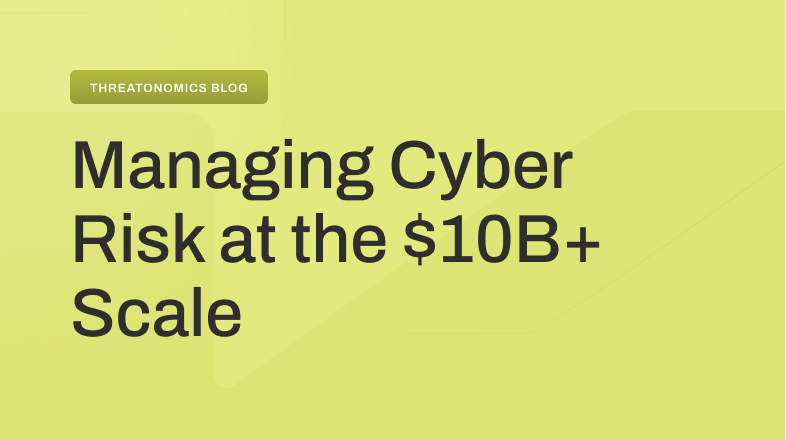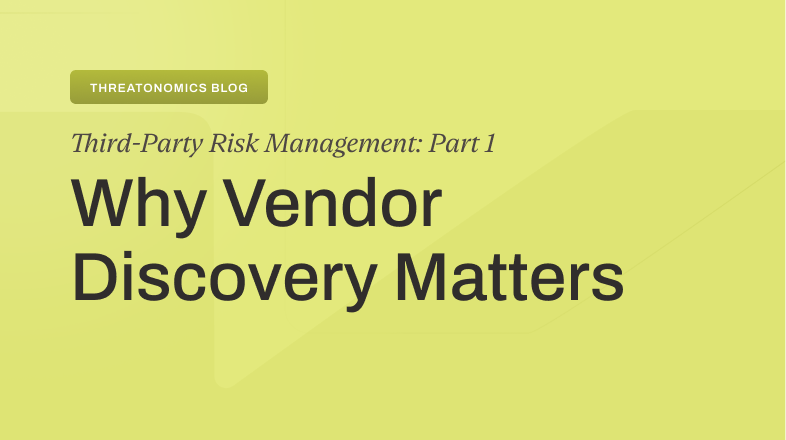
How data-driven cyber risk management is transforming security from operational expense to strategic advantage
The U.S. healthcare sector faces an unprecedented cybersecurity crisis. With 168 million healthcare records breached in 2023 and ransomware attacks surging 32% in 2024, the industry confronts threats that have evolved beyond data theft to sophisticated campaigns capable of paralyzing critical patient care infrastructure.
Despite these trends, cybersecurity often receives insufficient leadership attention. A 2025 survey of 250 healthcare business leaders revealed cybersecurity ranked last among primary business challenges, with only 33% citing it as a concern. This strategic misalignment creates significant organizational risk, particularly when healthcare breaches now cost an average of $15 million—nearly double the global average.
A new Resilience whitepaper on the state of cybersecurity and healthcare provides detailed examination of in-depth case studies, comprehensive threat intelligence analysis, financial risk modeling methodologies, detailed implementation frameworks for Zero Trust architecture, and specific recommendations based on Resilience’s proprietary claims data and real-world organizational outcomes.
The current healthcare threat landscape
Healthcare has emerged as the third most targeted sector, with systemic vulnerabilities evident in key metrics:
- 168 million healthcare records breached in 2023—more than half the U.S. population
- 278% increase in ransomware incidents since 2018
- 80% of healthcare organizations targeted by cyberattacks within the past year
The February 2024 Change Healthcare incident, exposing 190 million records and disrupting nationwide operations, demonstrates how single vendor compromises can impact the entire healthcare ecosystem.
While 80% of healthcare leaders express confidence in defending against AI-powered cyberattacks, operational readiness reveals significant gaps:
- Nearly one-third do not regularly train employees on cyber threat response
- 47% do not conduct regular phishing simulations
- 17% lack current incident response plans
- 40% do not conduct proactive IT risk assessments
Analysis of Resilience’s healthcare-specific claims data shows average claim severity reached $1.6 million in 2023, with early 2025 indicators suggesting potential increases to over $2 million per incident, including extortion demands as high as $4 million.
Five critical attack vectors
Modern healthcare cybersecurity encompasses interconnected threats:
- Ransomware with double extortion: Groups that encrypt systems and steal data for additional leverage
- Supply chain attacks: Single vendor compromises cascading across provider networks
- Insider threats: 70% from errors and privilege misuse rather than malicious intent
- Advanced social engineering: Increasingly sophisticated AI-leveraged attacks
- Large-scale data disclosures: Fewer incidents but dramatically increased scale
Healthcare organizations require comprehensive understanding of current threat landscapes and proven mitigation strategies to build effective cyber resilience. The stakes—measured in patient safety, operational continuity, and financial impact—demand strategic, data-driven approaches to cybersecurity investment.
Download the complete whitepaper to access the full analysis, detailed case studies, and specific implementation guidance necessary for building strategic cyber resilience in your healthcare organization.
“Healthcare’s Cyber Crisis: Building Strategic Resilience in an Era of Unprecedented Threats” provides comprehensive analysis and actionable recommendations based on proprietary claims data, industry intelligence, and organizational case studies.







